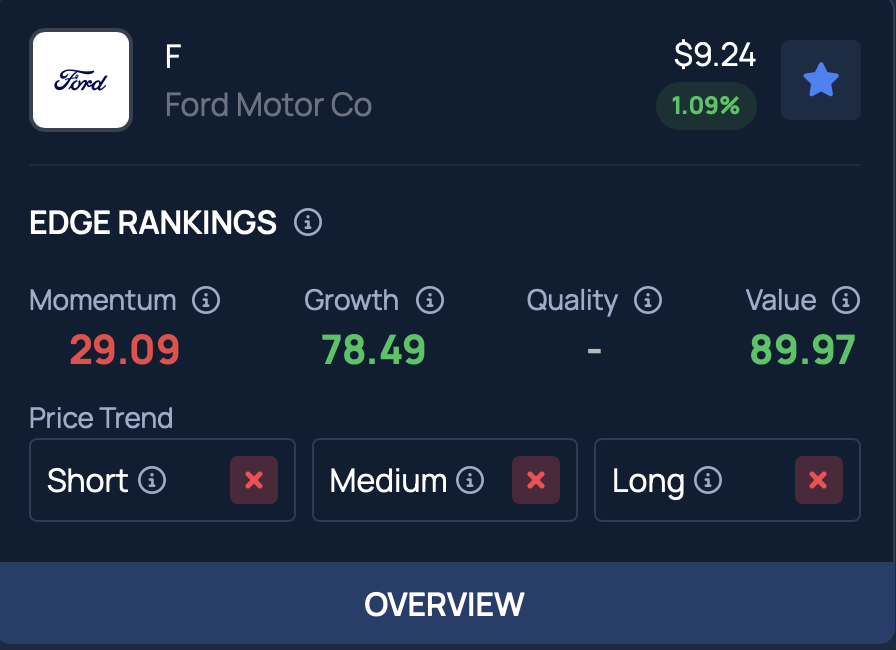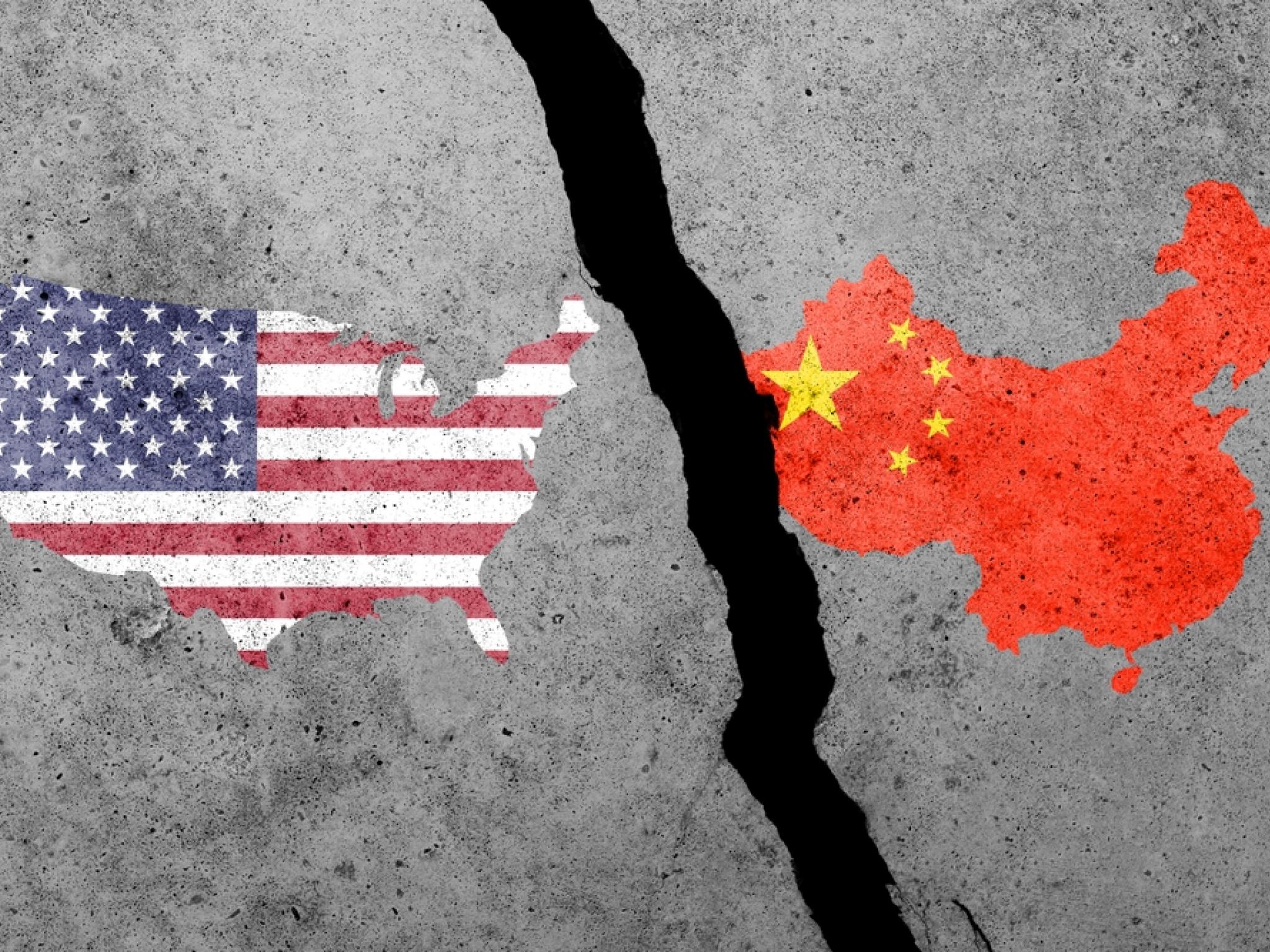Despite growing concerns about renewed trade tensions between Washington and Beijing, one analyst says the drama may be more performative than policy-driven.
What Happened: Marko Papic, chief strategist at BCA Research, downplayed the long-term impact of escalating U.S.-China tariff rhetoric, suggesting that the latest threats may be largely symbolic and unlikely to result in sustained economic disruption.
“As the kids would say — just for the LOLz,” Papic said in an interview with CNBC on Friday, referencing what he sees as political posturing from both sides.
His comments come after China’s finance ministry accused the U.S. of “bullying” and warned that aggressive tariff policies could make America look like a “joke” on the global stage.
Papic acknowledged that markets are reacting to fears of a policy-induced slowdown, particularly in sectors like commodities, but said those concerns may be exaggerated. “It’s not like this is a great financial crisis,” he noted.
He’s also not convinced that these trade policies— tariffs and bringing manufacturing back—will actually work or happen as planned. “When was the last time any U.S. policymaker actually referred to them [tariffs] as revenue raisers?”
See Also: Oil Crashes To $60 Per Barrel As Global Recession Fears Grow
Why It Matters: On Friday, Xi Jinping sharply raised tariffs on U.S. goods from 84% to a record 125%. This came after President Donald Trump hiked tariffs on Thursday, pushing the cost of Chinese imports to at least 145%. This jump results from a new 125% retaliatory tariff layered on top of existing 20% duties.
While these measures respond to Trump’s tariffs, China itself isn’t shielded from the fallout. Goldman Sachs has lowered its growth forecast for the country and warned that up to 20 million export-related jobs could be at risk. The investment bank, however, attributed this outlook not only to U.S. tariffs but also to broader global economic uncertainty.
A Strategy Risks report has identified major U.S. public companies most overexposed to China, evaluating them across categories like Business Fundamentals, Partnerships and Politics, Regional Issues, Supply Chain, and Capacity.
Ford Motor Co. (NYSE:F) topped the list, scoring high across all areas, especially in Regional Issues tied to human rights concerns and Supply Chain vulnerabilities.
Carrier Global Corp. (NYSE:CARR) leads China’s commercial HVAC market with extensive operations, while Apple Inc. (NASDAQ:AAPL) relies heavily on Chinese manufacturing for most of its products, placing it squarely in the crosshairs of ongoing trade tensions.
Tesla Inc.’s (NASDAQ:TSLA) U.S. energy division risks soaring costs from tariffs on Chinese battery cells, potentially doubling Powerwall and Megapack production expenses. Coca-Cola (NYSE:KO) is facing cost pressures from tariffs on key ingredients like sucralose, which may impact profitability.
Cummins, Inc. (NYSE:CMI) maintains deep ties to China through joint ventures and clean energy initiatives. RTX Corp. (NYSE:RTX), with thousands of Chinese suppliers, has admitted that decoupling is unfeasible.
Honeywell (NASDAQ:HON) has begun adding surcharges due to tariff-related supply disruptions. Walt Disney Co.’s (NYSE:DIS) CEO has raised alarms about the broader impact of tariffs, and Caterpillar, Inc. (NYSE:CAT) is confronting shrinking competitiveness as Chinese buyers turn to alternative suppliers.
Ford boasts a solid growth score of 78.49%, according to Benzinga Edge Stock Rankings. Click here to see how it stacks up against Apple, Tesla, Disney, and other major companies.

Read Next:
Disclaimer: This content was partially produced with the help of Benzinga Neuro and was reviewed and published by Benzinga editors.
Photo courtesy: Shutterstock
